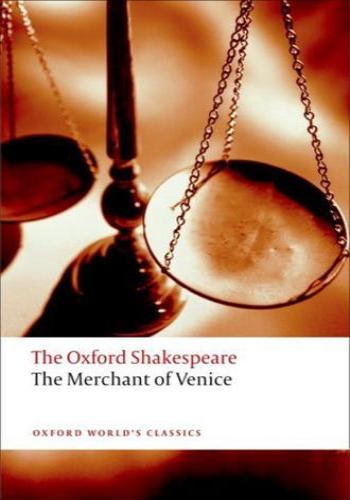What was Shakespeare's attitude to Semitism? The Introduction to this edition of The Merchant of Venice opens by addressing this vital issue raised by the play, and goes on to study the sources, background, and date, includuing a discussion of Sigmund Freud's essay on 'The Three Caskets'. Professor Halio interprets the play's contradictions, inconsistencies, and complementarities, especially as these relate to the overarching theme of bonds and bondage. A survey of the play's stage history ranges from discussions of its early staging to important twentieth-century productions and performances outside England, particularly in Israel. The text, based on a fresh examination of the early editions, is presented in modernized spelling and punctuation. Unfailingly lucid and helpful, this is an ideal edition for students, actors, and the general reader. ABOUT THE SERIES: For over 100 years Oxford World's Classics has made available the widest range of literature from around the globe. Each affordable volume reflects Oxford's commitment to scholarship, providing the most accurate text plus a wealth of other valuable features, including expert introductions by leading authorities, helpful notes to clarify the text, up-to-date bibliographies for further study, and much more.







